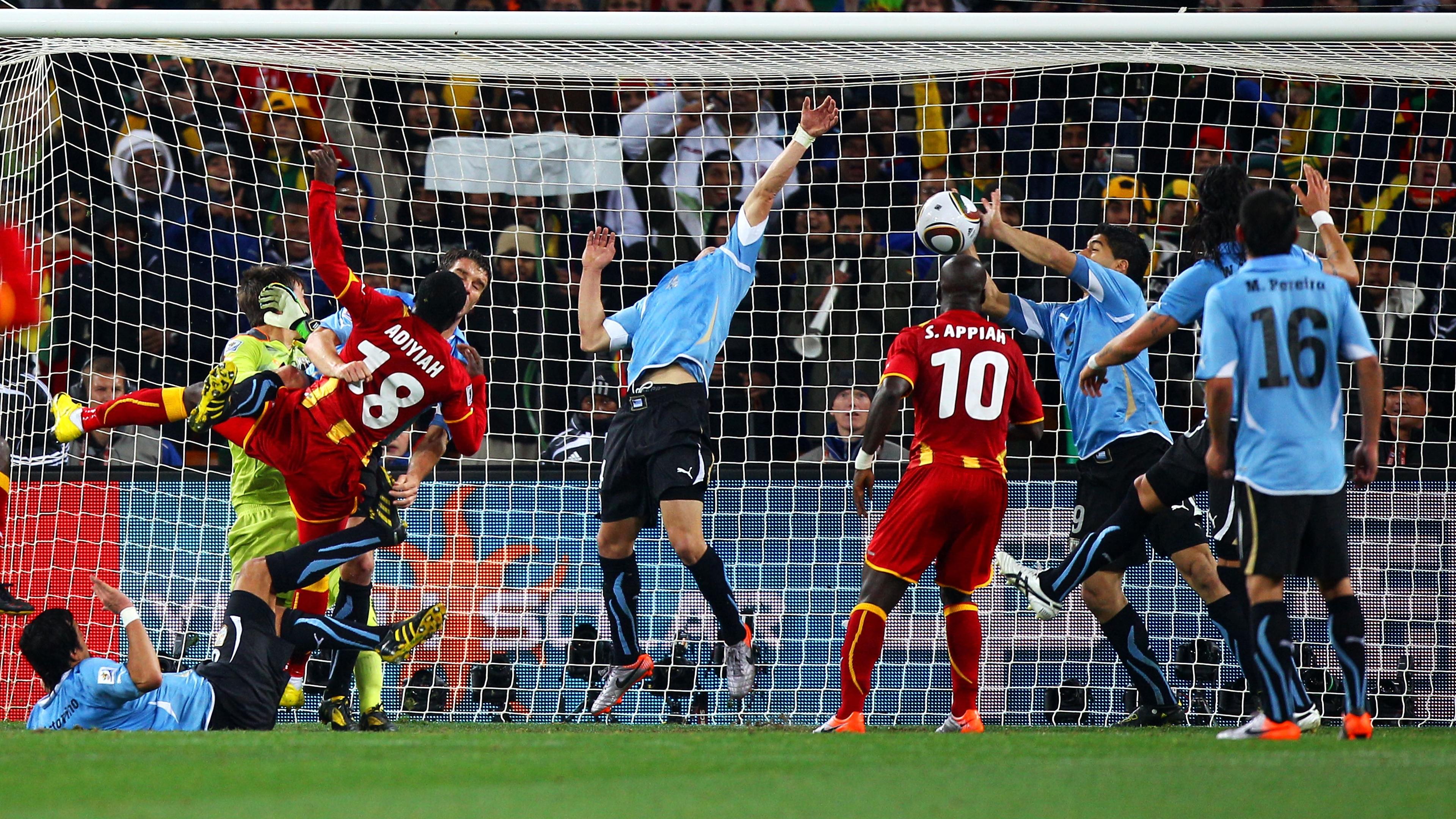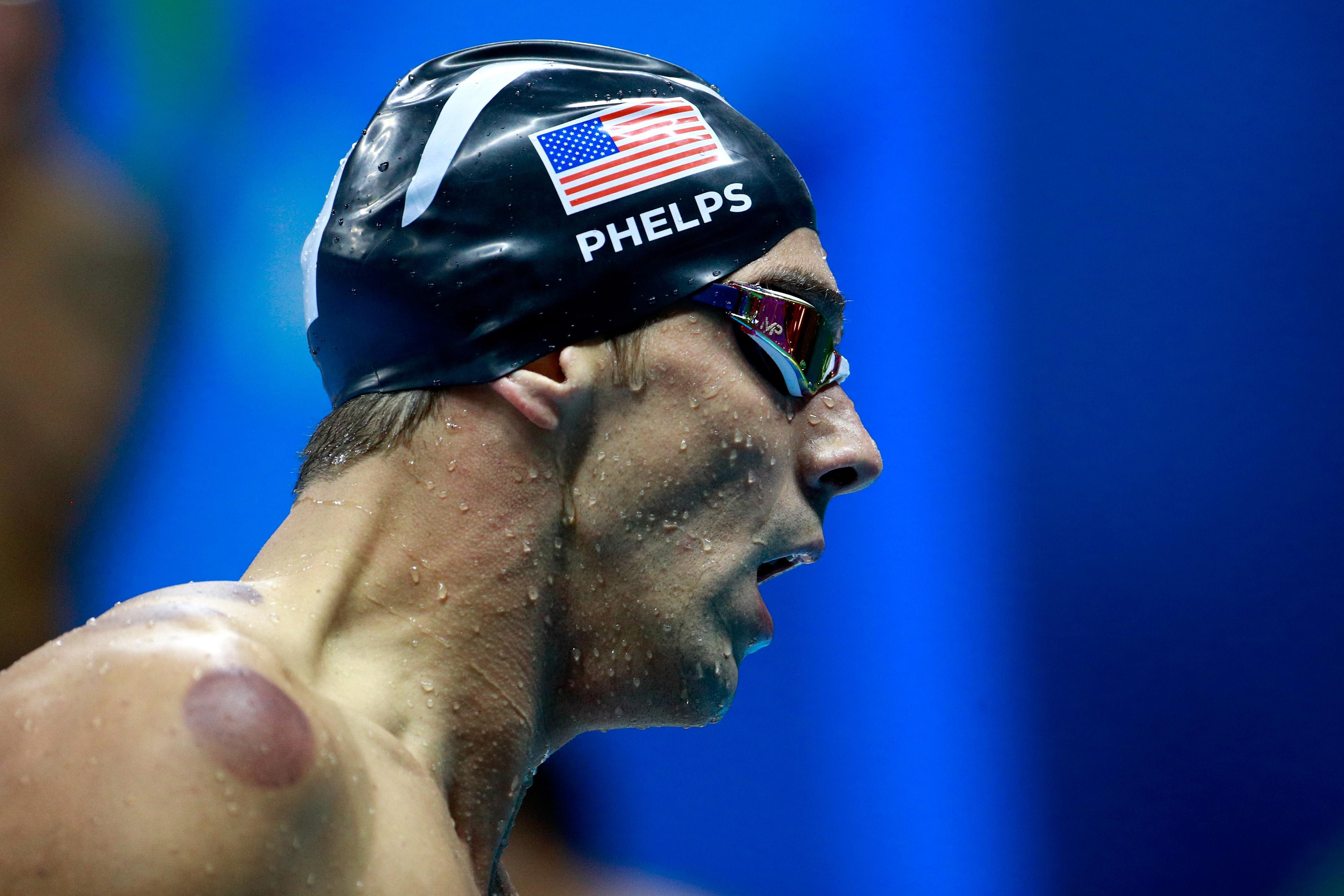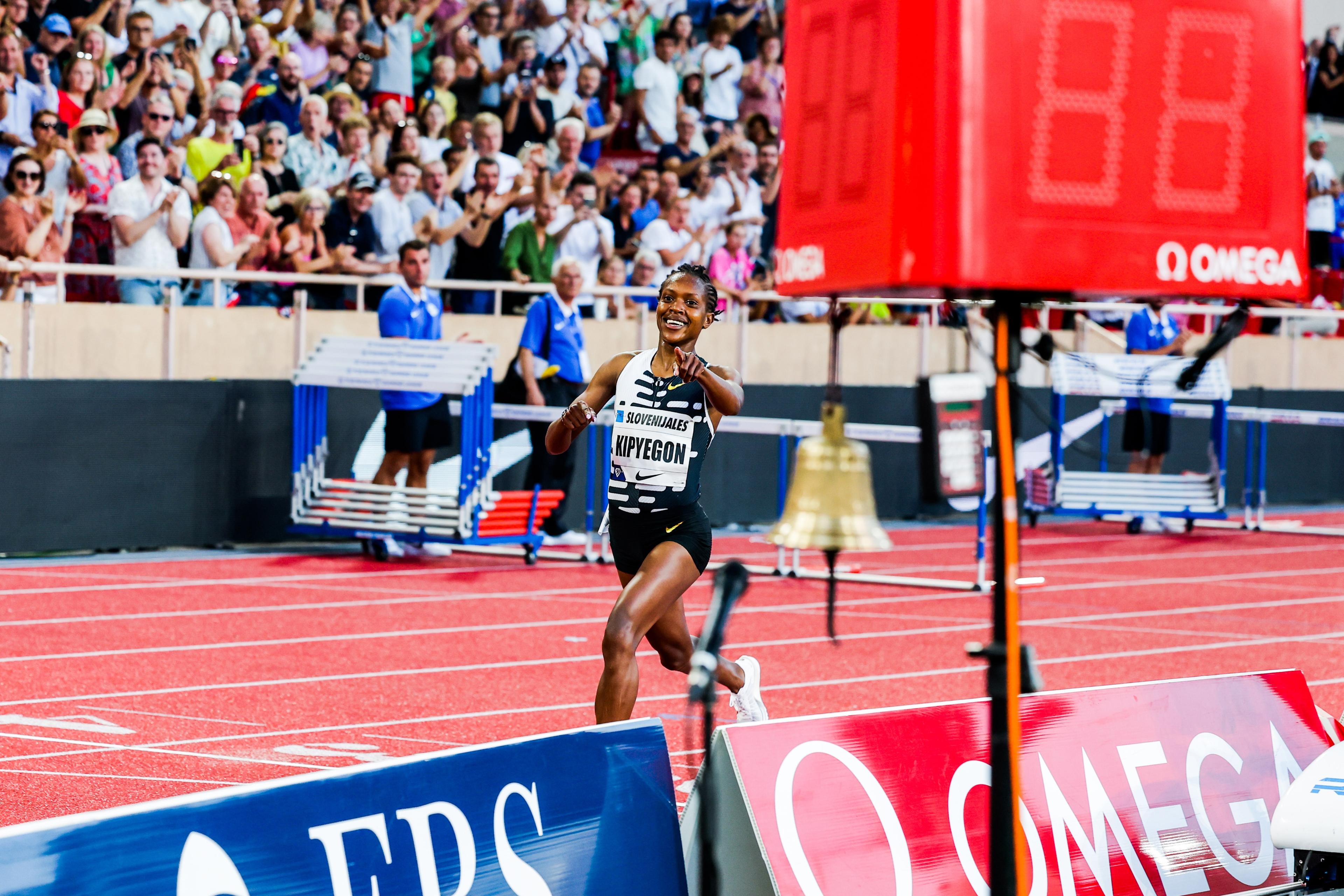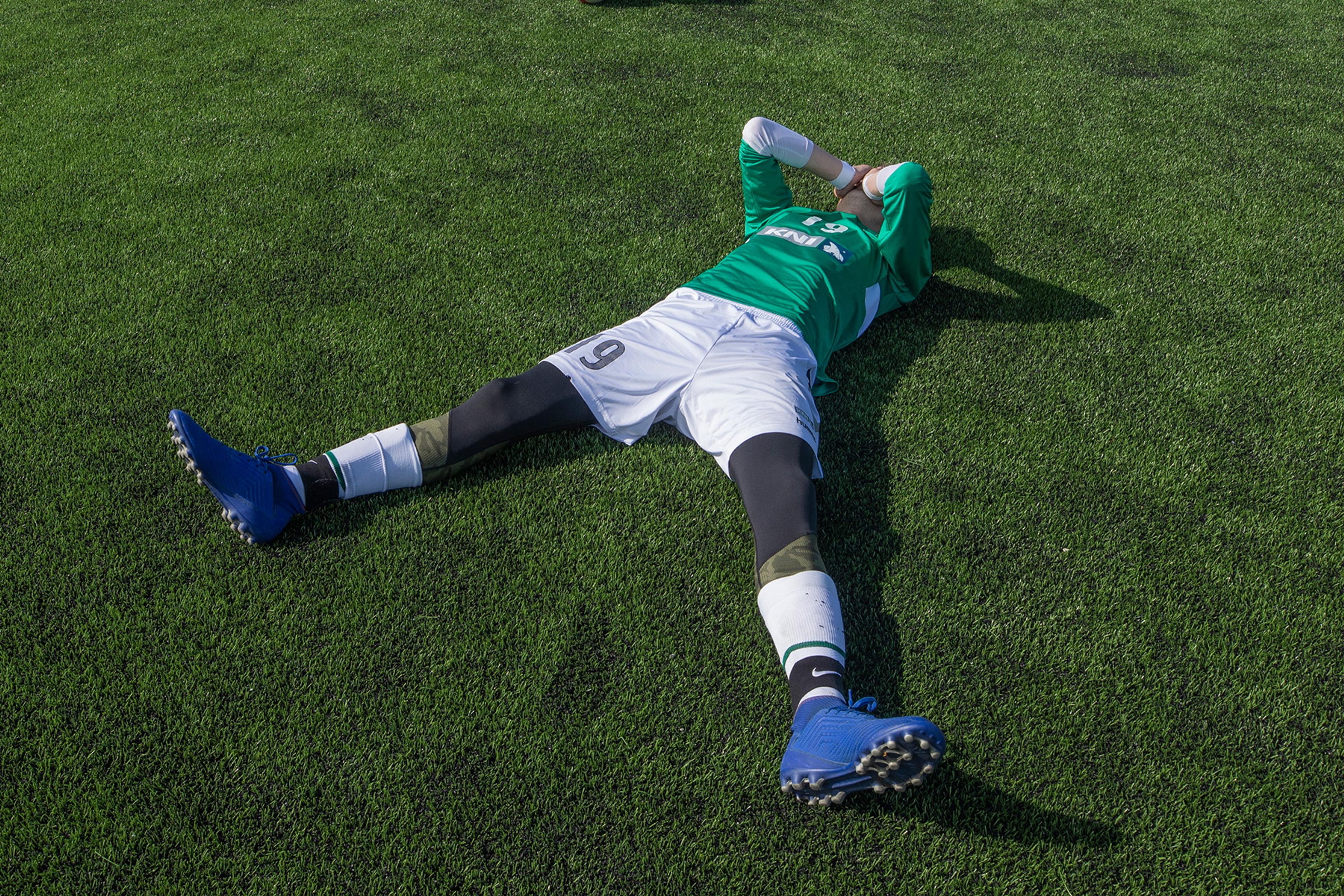On 18 April 1998, the English football team Manchester United played a crucial home game against Newcastle United. They needed a win to keep their championship hopes alive. The game was tied when Newcastle’s Rob Lee broke free on a counterattack, closing in on Manchester’s penalty area. Meanwhile, Ole Gunnar Solskjaer of Man U started to sprint back on defence. As soon as he got within striking distance, he cynically hacked Lee’s legs, in a textbook red-card offence.
So-called tactical or professional fouling is a familiar practice in team sports: a player intentionally commits an offence, calculating that the advantage gained for their team is worth the sanction. Players even speak of ‘taking one for the team’. Yet such a point of view – that tactical fouling is football – is not universally accepted. After the game, the then coach, Alex Ferguson, reprimanded Solskjaer, telling him: ‘We don’t win that way at Manchester United.’ Others disagree. Last year, Real Madrid’s Federico Valverde committed a similar foul against Atlético Madrid, during the Spanish Super Cup. Atlético’s players immediately took exception, pushing and scolding Valverde. Atlético lost the game, but their coach, Diego Simeone, surprised fans by Tweeting to praise Valverde: ‘I told him that anyone would’ve done the same in that situation. I would’ve done the same.’
In the early days of soccer, it was considered unfair to deprive the opponent of a goal-scoring opportunity through fouling. The English amateur club Corinthian would never foul intentionally and would have the goalkeeper step aside whenever they conceded a penalty. This view treats fouling in sport the same way that the law treats crime. Murder and theft are not things the law encourages you to consider on a cost-benefit analysis. They are wrongs, and the law prohibits them categorically.
But many contemporary analyses of sport treat fouling not as a wrong, but as a priced permission. This means that sport rules don’t tell players what not to do; they simply tell the referee when to make players worse off. Players are permitted to do whatever they choose, so long as they pay the price. Other, non-sport, limits apply, of course: the boxer Mike Tyson biting off part of Evander Holyfield’s ear might be criminally punishable. But within sport, this second view treats fouling more like income tax law than criminal law: it is a permissible option with a price tag. In some basketball rules players have four fouls ‘to give’ per period. After the fourth, their opponent is awarded free throws – the equivalent of entering a higher tax band.
The view that fouling in sport is a priced permission, rather than a wrong, has great currency. But it fails to explain the complexities of fouling. For a start, even in the most physical of sports, certain forms of defending and attacking (eg, blows below the belt, biting, eye gouge) are strictly prohibited, not priced. This is to protect the physical integrity of the players from dangerous plays, regardless of how skilful or beneficial they might be. Awareness of the risk of serious injury has grown substantially in recent decades, and sports associations have revised their rules to minimise fouling. Nor do players think of fouling on a par with other available moves. Most fouls are unintentional, usually committed by a defending player misapplying skills, such as body control, timing, positioning, anticipation etc, even if sometimes players take advantage of these to ‘accidentally’ mistime a tackle. Nowadays, attacking players cultivate the ability to ‘draw’ a foul with attacks that make it more likely that the defender will foul them unintentionally. Defenders, on the other hand, practise and develop skills to defend without giving away fouls. In basketball, a good defender will practise how to ‘stay down’ when the opponent does a ‘head fake’. The ability to defend without fouling exhibits skills that are central in most sports.
So, is tactical fouling fair? Any such assessment should begin from an often-missed premise. Fouling rules have an underlying evaluative rationale: they enable players to display skills that are required to meet the physical and mental challenges of the relevant sport. Scoring requires skill, composure, determination, judgment and focus. Excelling at meeting these challenges, through competition, is one of the values we attach to a sport, but also its most important one because of the way it shapes the sport itself. If defenders in soccer or basketball could just grab their opponents, then the art of skilfully dribbling the ball around them would never have been cultivated, since it would be ineffective. Without this skill, these sports would not be what they are today. Diego Maradona would never have scored the goal of the century against England in 1986, nor would Allen Iverson have crossed over Michael Jordan in 1997.
Rugby, by contrast, where players are allowed to carry the ball, specifies a different challenge, requiring different skills. Each sport is distinguished by the specific objective it presents for its players, and the specific skills-set needed to meet it. Competition, in turn, cultivates excellence within those skills. For that reason, fouling rules are not just arbitrary conventions. Players can compete to achieve excellence only if they can exhibit the relevant skills. Fouls that aim to prevent even the possibility of exercising those skills undermine the players’ collective enterprise. Such fouls treat opponents as objects, instruments for advantage in seeking accolades, rather than cooperating in competition. It is quite literally ethically wrong.
If fouling goes against the point of sport, why do so many players do it? Typically, sports rules seek to compensate the victim by restoring the advantage they would have had but for the foul. A basketball player fouled in the act of shooting will be awarded free throws; a soccer team whose player is fouled in the 18-yard box will be awarded a penalty kick. The rationale is that fouling deprives an opponent of a scoring opportunity achieved while adhering to the game rules, by a player not adhering to those same rules. That is unfair. The fairly achieved advantage should be restored for the integrity of the game.
But the rules don’t just aim at corrective justice, at simply returning stolen goods, as it were. They also aim to deter the unfair conduct. That is why penalty rules overcompensate. Players’ shooting percentage in soccer and basketball is typically under 50 per cent. But when a player is fouled in the act of shooting in basketball, or inside the penalty area in soccer, they are awarded a free shot with a 75 per cent chance of conversion. They get a much better chance than the one they lost. The rationale for this overcompensation is deterrence: if players had nothing to lose by playing clumsy defence, then there would be constant fouling, at the expense of sporting excellence.
Rules, however, will sometimes undercompensate. A foul in the 18-yard box deprives players of a 27 per cent chance of scoring, on average. But in some cases, it deprives them of a 100 per cent chance, giving back only a 75 per cent chance. In the 2010 World Cup quarter-final between Uruguay and Ghana, Luis Suarez deliberately used his hand to stop the ball on the line at the end of extra time. Ghana was awarded a penalty, but they missed and went on to lose the game on penalties. The incentive for tactical fouling exists because in exceptional circumstances, especially towards the end of a game, sanctions under- rather than over-compensate for unfairness.
Could this be fixed? Conceivably, a sport could eliminate all tactical fouling by ensuring that the fouled team is never undercompensated. It could, perhaps, adopt explicit rules to deter tactical fouling. In the late 1980s, the NBA introduced the ‘clear path rule’ which seeks to deter defenders from stopping an offensive breakaway with a very high scoring chance; the fouled basketball team are awarded two free throws, and keep possession. In soccer, there could be a ‘Suarez rule’, awarding the team an automatic goal when an opponent uses his hands to stop the ball on the line (like the Rugby Union rule that allows a referee to award a ‘penalty try’). But such rules will inevitably be imperfect. A player might have a very high scoring chance, even if they don’t come under the ‘clear path’ definition. A ‘Suarez rule’ makes more sense the closer one gets to the end of the game, but how close?
No rule can capture all the possibilities of undercompensation unless it gives referees discretion to judge scoring probabilities on a case-by-case basis. Yet that would be undesirable: it would cause uncertainty, disrupt the flow of the game, and increase the risk of inconsistent rulings. Narrowly confined rules, such as the ‘clear path rule’, can catch most cases of undercompensation, while promoting other values relevant to the sport, such as certainty and predictability. Trying to codify rules that eliminate all possible cases of undercompensation would likely be detrimental to the game.
Is tactical fouling then just a necessary evil? The answer depends on the extent to which it undermines the skills that each sport makes relevant. In basketball, ‘playing the fouling game’ in the final seconds of a game has become an integral part of the sport. This is because the fouling team must display exceptional skills to win, having to make difficult shots in a very short period of time. It’s fair game. Other cases of tactical fouling are different, however. The basketball commentator Jeff Van Gundy has called out the practice of ‘hacking’, or the intentional fouling of a player who has a below-average free-throw percentage. This incentivises opponents to foul them repeatedly, even when they pose no scoring threat. Shaquille O’Neal was at the receiving end of this practice, the so-called ‘Hack-a-Shaq’. As Van Gundy aptly puts it, such fouling is a ‘farce’, ‘not a skill’.
Tactical fouling divides opinion because people disagree about whether it is integral to the skill-set of the sport. Taking a player’s legs out from behind, with no regard for the ball, arguably doesn’t exhibit valuable football skills. It’s wrong when used tactically, as Solskjaer did. Suarez’s handball might seem a less clear case. Using one’s hands to stop the ball from crossing the line is a football skill for goalkeepers. But outfield players are never allowed to use their hands and don’t practise handballing as a skill. If all football teams were to prepare for such scenarios, and outfield players regularly resorted to tactical handballing, then that would probably make it fair. But it would still be wrong.
The revealing difference between breaking a rule at a price and violating the core fairness in an activity is not limited to sport. Think about going over by a few minutes on your parking meter. In a fix, you might reasonably treat that as a priced permission. But how about the hyper-rich (eg, Jeff Bezos) treating parking tickets as a minor fee (ie, $16,000) to park, or parking in such as way that they block others’ access? Even if they can get away with it, such actions are fundamentally wrong. Their unfairness strikes at the very point of parking rules, which is to control, fairly, where people park and for how long. In another context, there’s the commonly used system by nurseries, where parents pay a £5 ‘fine’ for every 10 minutes they’re late picking up their kids. That can be a priced permission if it happens occasionally. Dial up the regularity or the lateness, and this is abusive: parents are obtaining extra childcare advantages that offend the point, and value, of the childcare scheme.
As Solskjaer walked off the pitch to a standing ovation, he told his team-mates: ‘I had to do it.’ Manchester United went on to lose the title to Arsenal that year, despite Solskjaer’s heroics. But he shouldn’t have done it in any case. Ferguson was right: you don’t win that way.








